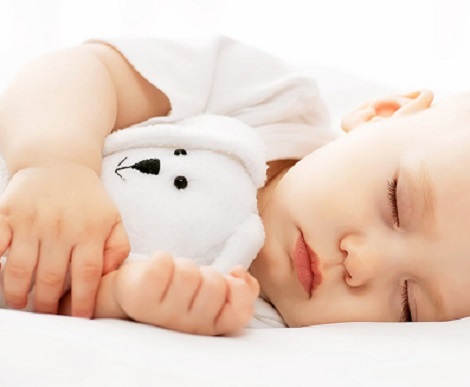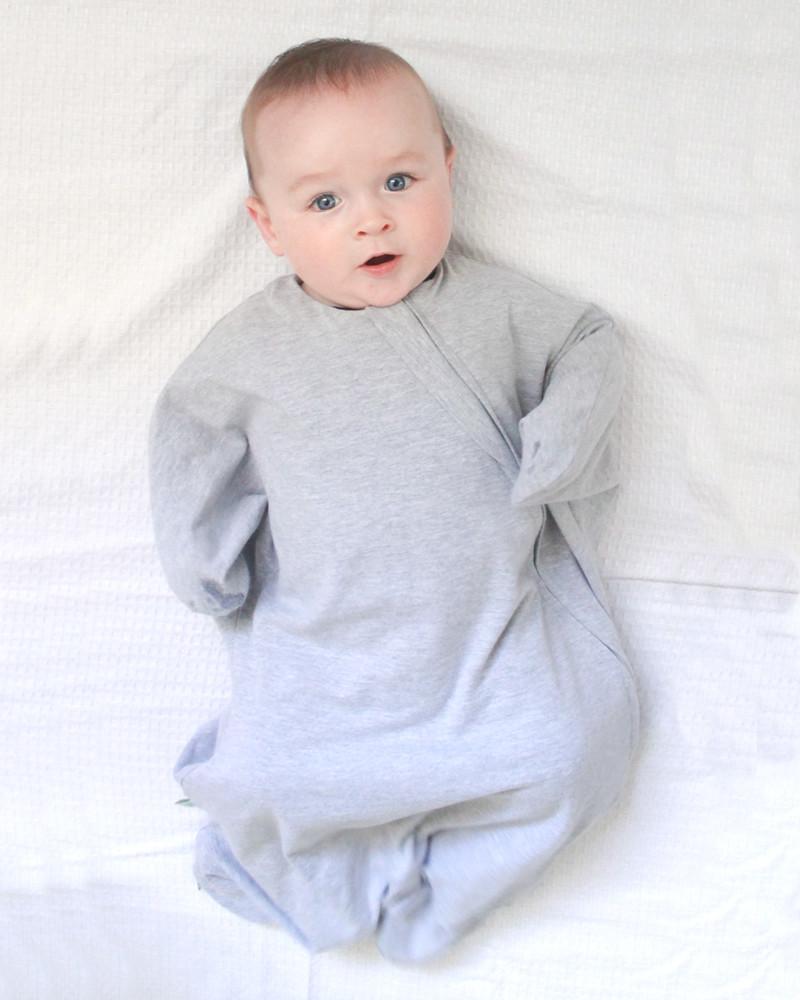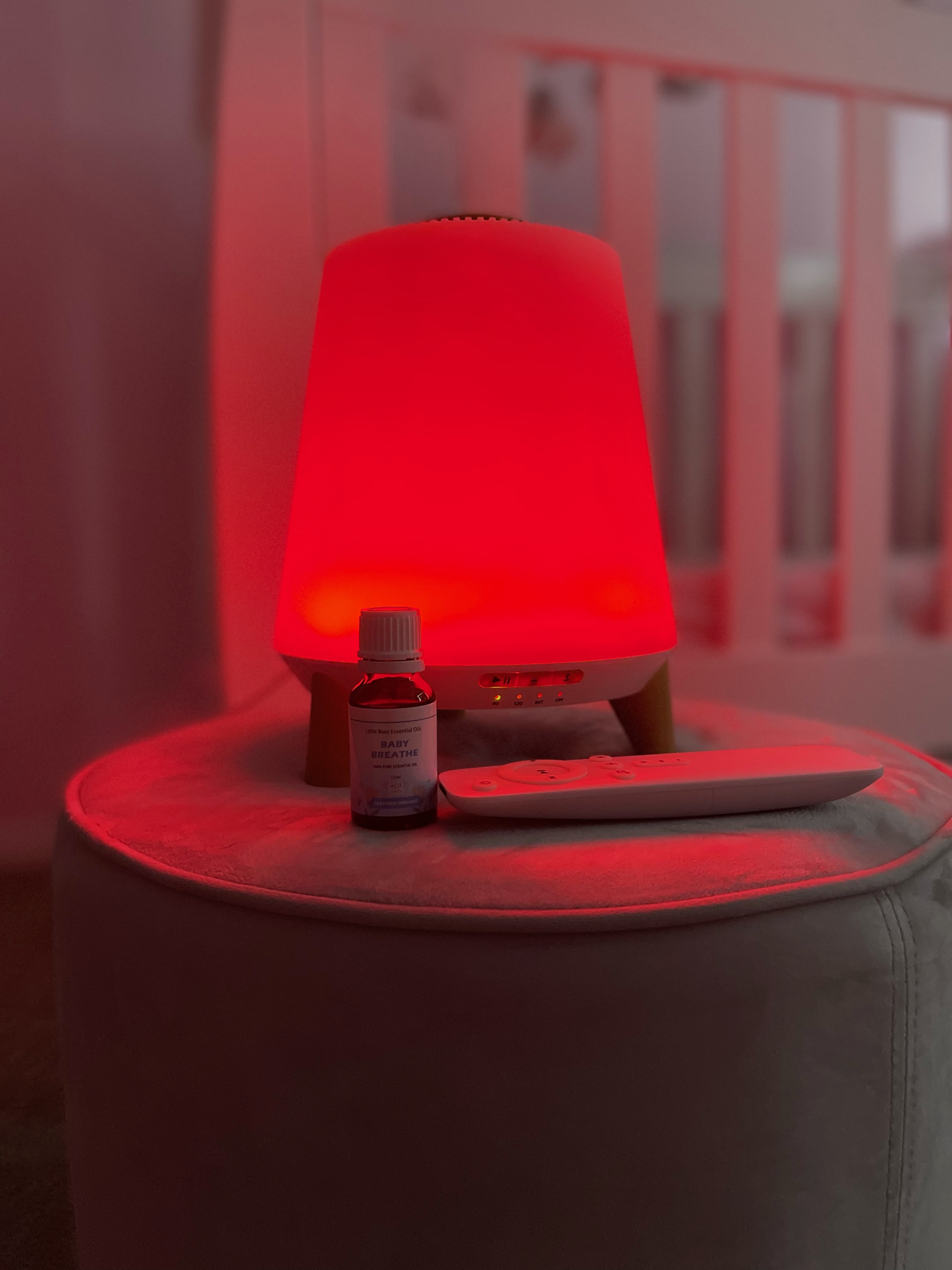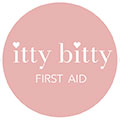Guest Blog: 5 Tips to Sleep Through the Night | Snotty Noses
Posted by Chantal Murphy on 12th Sep 2018
Sleep is important for a healthy physical body, including the brain, immune system and behaviours. Babies and children need healthy sleep to function at their best, especially when you are growing and learning at such a rapid rate.
A well rested baby is certainly a much happier baby who is more pleasant to be around and easier to take care of.
Good sleep quality can help prevent/ improve colic, reflux and behavioural problems. Your child will also have periods of optimal wakefulness which improves learning.
Lack of sleep has the same effect on babies as it does on adults.,this is why it is important to ensure a baby learns to sleep well. That's right, it's a learned skill. Something that can be gentle and calming.
There is no place here for cry it out stratgies.
In the short term, it will help your baby and child be much healthier and happier, but good sleeping habits will be with your child for the rest of their life.

1. Sleep Routines
Children thrive on routine and knowing what to expect next gives them a sense of security to know their life is not full of chaos.
A typical bedtime routine might include bath, nappy, pyjamas and a quiet breast or bottle feed (for babies younger than 1). This also includes brushing teeth, toilet, read a book, singing and cuddling and then lights out.
2. Early Bedtime
One of the most misunderstood facts when it comes to a baby’s sleep is the idea that you should keep your baby up longer to get more sleep out of them. This does not promote more sleep. In fact, many times it creates less!
When children are overtired, many times it results in waking up too early. The hours between 4-6 am are times when we all sleep lighter and when your child is overtired, it will be even harder for them to go back to sleep at this time.
The key to choosing the right bedtime is dependant on the time the last nap ends and to make sure it’s not too long until bedtime as he or she will be too tired.
I always recommend a bedtime between 6 - 6:30 p.m for babies up to 6 months and between 6:30 - 7 p.m for babies and toddlers up to 18 months old.
3. Naps
Naps are an important component of sleeping through the night. It seems strange, but the better the baby naps during the day, the better your child's nights sleep will be and the less likely they will be overtired come bedtime.
This also means that they won’t be as restless and won’t have as many night wakings.
Many people think they should limit naps, so they will be more tired at night. This often backfires.
4. Manage Sleep Props
The problem with many sleep associations lies in the fact that your baby needs YOU to recreate the environment in which they fell asleep. YOU become their "pillow" or your rocking, shushing or feeding becomes their "crutch". When they wake up through sleep transitions and their pillow or crutch is gone, they don't know how to go back to sleep.
So, the key is to allow them to go to sleep the same way they will wake up periodically throughout the night. The key is to break the sleep associations that will not be there for the duration of the sleep cycle.
Some sleep props are independent of a person, and can be a great tool for sleep support. The 2 main independent sleep props are 'white noise' sound playing consistently for the duration of the nap and night sleep and a cuddle toy/comforter for the child to snuggle with. Often, the comforter or blankie (like a Kippin) has a unique smell that babies and children come to associate with sleep.
A modern swaddle is also a consistent, safe, calming sleep tool, which can be used from birth and well into your baby's older years. The team at Baby Loves Sleep have designed award winning escape-proof newborn swaddles to calm the startle reflex. Then transition to free arms comfort with the original Sleepy Hugs sleep sack and Hands In & Out sleep sack.
5. Manage Night Feedings
The average age for a baby to sleep through the night without requiring a feed is around six months.
Here are a few tips on how to manage a night feed:
* Try and keep your bub awake during the feed.
* Dim the lights when feeding.
* Try not to talk and play with your little one too much.
* If you are bottle feeding, try and have everything you need organised before heading into the bedroom for the feed
* Try and see if you can change your bub’s nappy before the feed. It will mean they are less likely to connect waking and crying to feeding
* Put baby back in the cot well burped, drowsy but awake.

Our business is here to assist your parenting journey in a safe and supportive way, using gentle techniques you feel comfortable with. Sleep deprivation is exhausting and unsustainable.
If you require any more information or would like to book a consultation visit my website on www.babysleepmagic.com.au or follow me on @babysleepmagic
Chantal xx



















